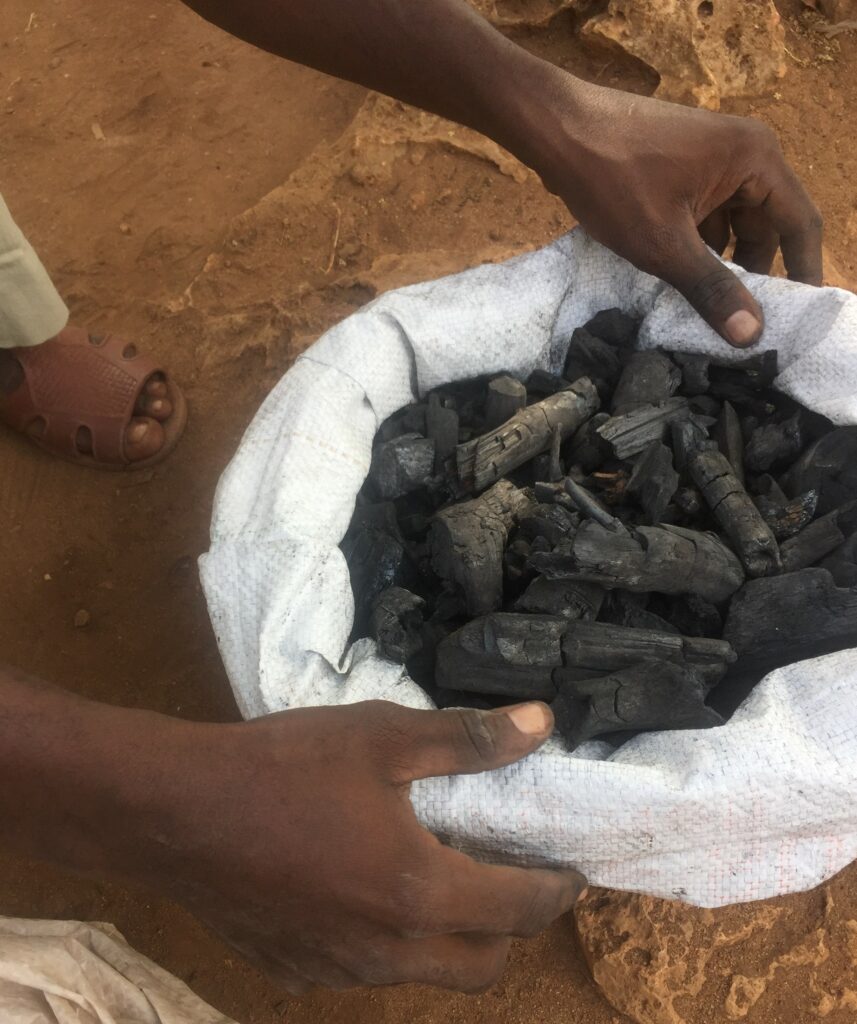Higher crop yields, less fuel use, less pollution from cooking and reduced climate impacts – can smallholder farmers in Kenya achieve all these benefits at the same time? By producing biochar in gasifier cookstoves and using it in agriculture, this is theoretically possible. It is known from controlled trials that biochar improves the fertility of tropical soils, but biochar use in practice is not yet widespread. Through participatory on-farm experiments in Kenya we have shown that it is possible in real life to achieve multiple benefits from biochar production and use, and now more is known about how to make it work.
The research was carried out over more than two years in three agro- ecological sites in Kenya with distinct farming systems, with fifty (50) households at each study site. The households were provided with top-lit-up-draft (TLUD) gasifier stove branded as “GASTOV” developed by the Kenya Industrial Research and Development Institute (KIRDI). Farmers were trained on cookstove use and on application of biochar to soil. Cooking tests were made in half of the households to measure the concentrations of gases and particles, and fuel use efficiency when cooking a meal of their choice. The fuel needed to cook a meal was reduced by 18% while 16% of the mass was converted into biochar. At the same timethere were large average reductions of concentrations of carbon monoxide (57%) and particulate matter (79%) in the kitchens during cooking (Gitau et al, 2019).

Field trials with biochar use when growing maize and kale were done with all farmers. Farmers were instructed to apply their normal practice on all plots, with the biochar that they had produced when cooking as the only intervention. Grain yields of maize were higher with soil biochar amendment than without, for all fertilization treatments and growing seasons at all three study sites. The increase of maize grain productivity at individual field trials was higher at higher biochar dose. The yields of kale were also higher with soil biochar amendment than without, on average.
Greenhouse gas balances show that using the cookstove reduces the climate impact considerably (Sundberg et al, 2020). The system can even provide net negative greenhouse gas emissions, if the biochar is used in soil and the cooking fuel used is from sustainable sources, such as prunings from on-farm trees.
The project has shown that biochar produced in cookstoves from locally available fuels can provide consistent increases in the yields of various crops under a range of tropical soils and climates. It is thus a technology that provides multiple benefits to smallholder farmers that has a potential for upscaling. Uptake of cookstoves is a challenge that requires alignment of fuels, cookstove design, cooking needs and the preferences of the cook. The production of biochar as a by-product provides an additional entry point for uptake of these cookstoves that reduce fuel use and reduce emissions.
Learn more about our project from our policy brief, our recent scientific paper, or from this recorded webinar. More publications from the project are available at our webpage.
The research is a transdisciplinary collaboration between researchers in Kenya (IITA, ICRAF and CIFOR) and Sweden (KTH, SLU and Lund University), funded by the Swedish Research Council, grant No. 2015 03180, and the Swedish Research Council for Environment, Agricultural Sciences and Spatial Planning, grants No. 924-2015-1112 and 942-2015-1648.
